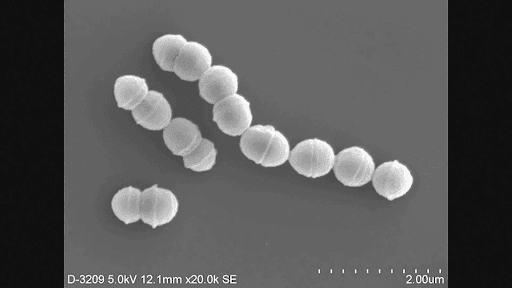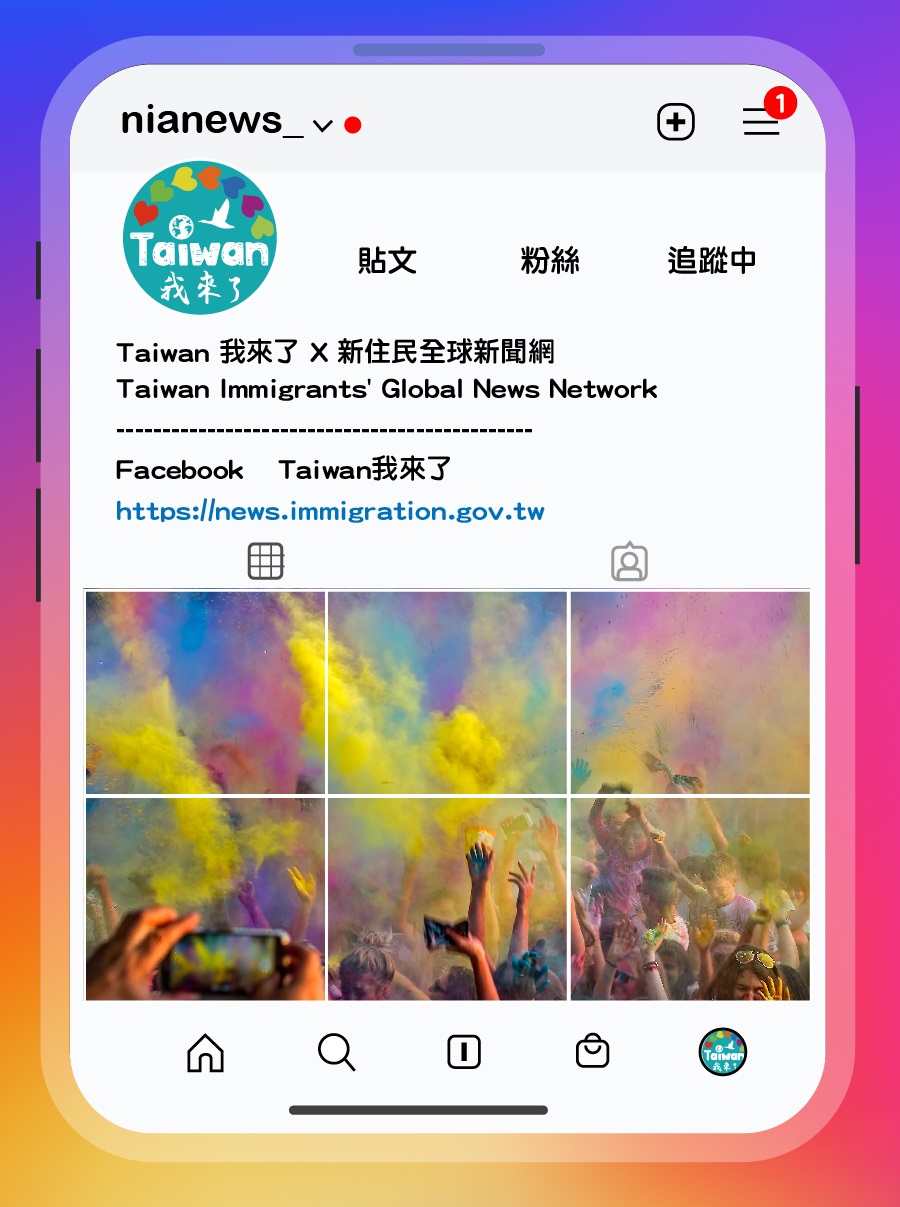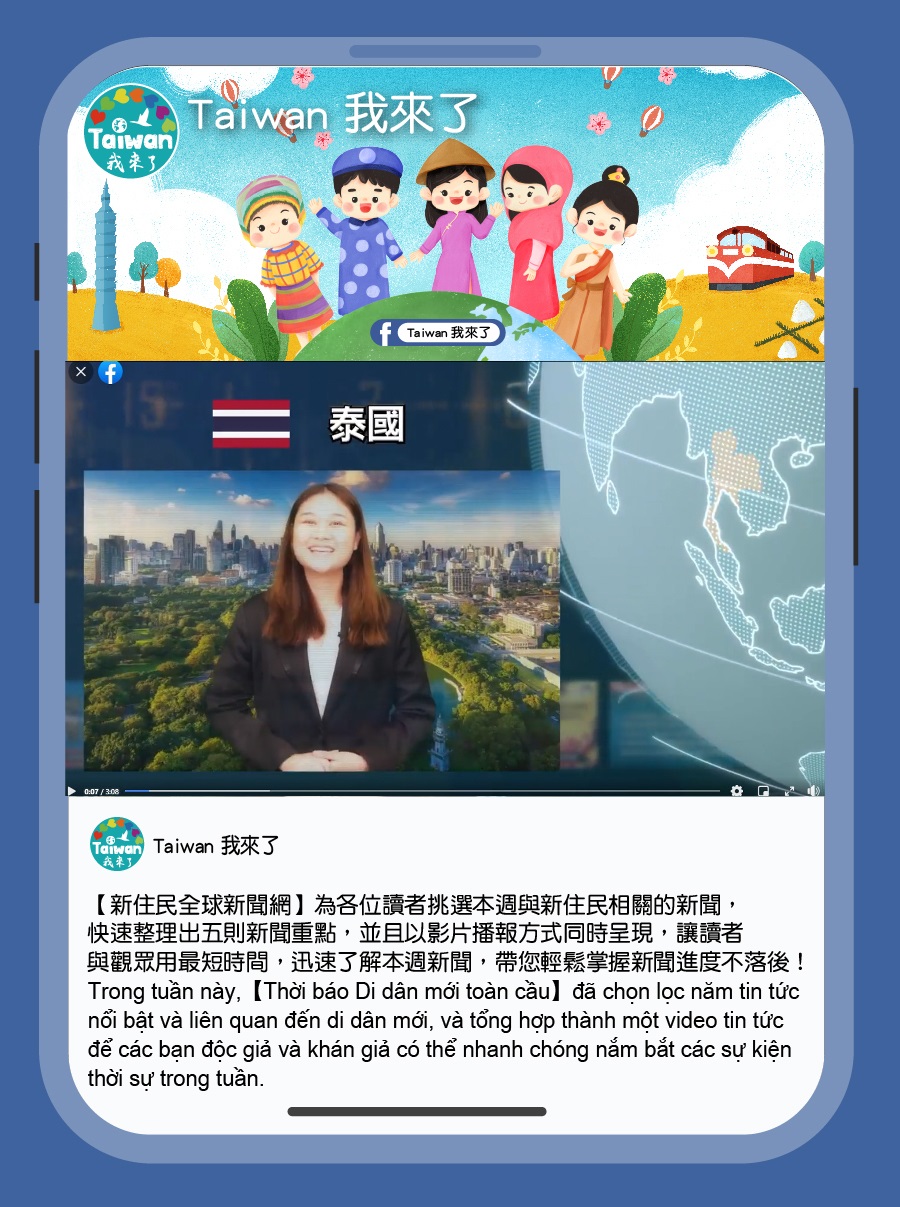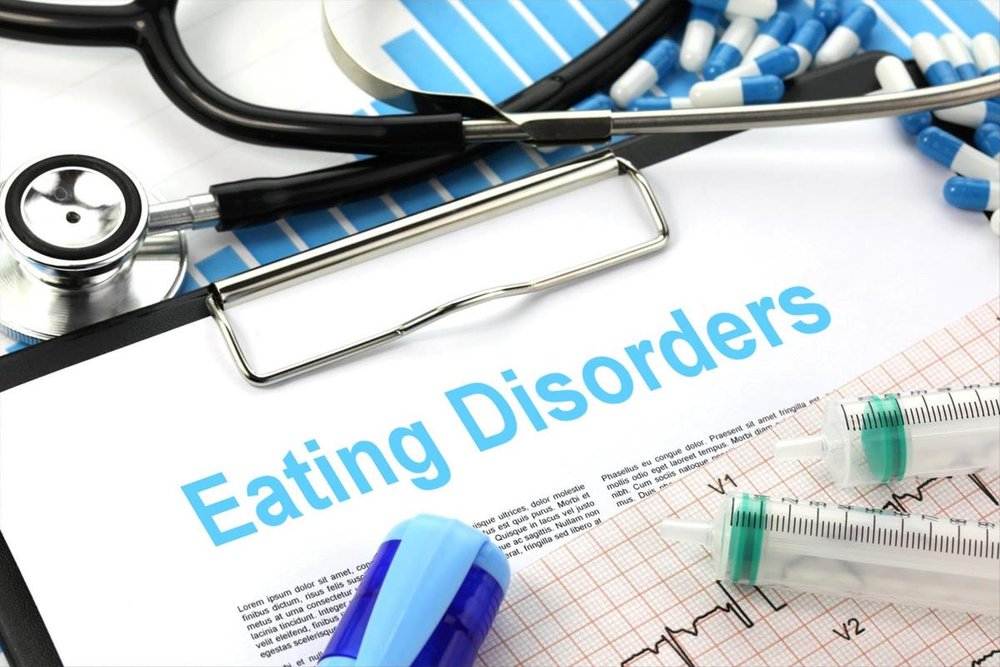Japan has recently experienced an outbreak of Group A Streptococcus infections, commonly known as "flesh-eating bacteria," which can escalate to toxic shock syndrome (TSS) with a high mortality rate of up to 30%. As of June 2, 2024, Japan has reported 977 cases of Group A Streptococcus infections resulting in TSS, marking a 2.8-fold increase compared to the same period in 2023, reaching a record high since records began in 1999. Taiwan's Centers for Disease Control (CDC) has stated that no abnormal conditions have been observed domestically.
https://news.immigration.gov.tw/NewsSection/Detail/2618A774-FC69-4DAB-B78D-A4739D44F4DC?lang=TW
Introduction to Group A Streptococcus
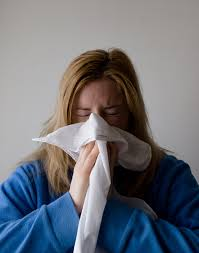
It not only infects the upper respiratory tract but also may infect the skin or muscle tissue. Image provided by PxHere
Group A Streptococcus is a common bacterial infection that primarily affects children aged 3 to 15, with an incubation period of approximately 1 to 5 days. It can infect not only the upper respiratory tract but also the skin or muscle tissue. Symptoms include fever, sore throat, inflamed tonsils, strawberry tongue, and a rough skin rash (scarlet fever). In severe cases, it can lead to abscesses and cellulitis. When this bacteria invades muscle fascia, it causes tissue necrosis, hence its nickname "flesh-eating bacteria."
https://news.immigration.gov.tw/NewsSection/Detail/FABC10DF-153F-4E5C-8342-CAC05726A907?lang=TW
Toxic Shock Syndrome (TSS)
In rare cases, Group A Streptococcus infection can progress to TSS, with symptoms including fever, limb pain, rapid progression to kidney failure and respiratory failure, and even shock leading to death. The National Institute of Infectious Diseases in Japan has pointed out that older adults and diabetes patients are more susceptible to TSS, but since late 2023, there has been an increase in patients under 50 years old.
Prevention and Treatment
Due to Group A Streptococcus being transmitted through skin wounds, droplets, and throat infections, experts recommend wearing masks, frequent handwashing, and handling skin wounds carefully when traveling to Japan to reduce the risk of infection. Professor Ken Kikuchi of Tokyo Women's Medical University Infectious Diseases advises seeking medical attention immediately if there is rapid swelling and spreading of the skin. Infections of Group A Streptococcus are typically treated with antibiotics, with most patients experiencing fever reduction after 1 to 2 days of treatment, but antibiotics should be continued for 10 days.
Taiwan's CDC states that Group A Streptococcus infection is not classified as a statutory infectious disease, with weekly cases ranging from 22 to 36, consistent with trends over the past 4 years, and no abnormal conditions observed. Experts advise maintaining good hygiene practices to prevent infection.

